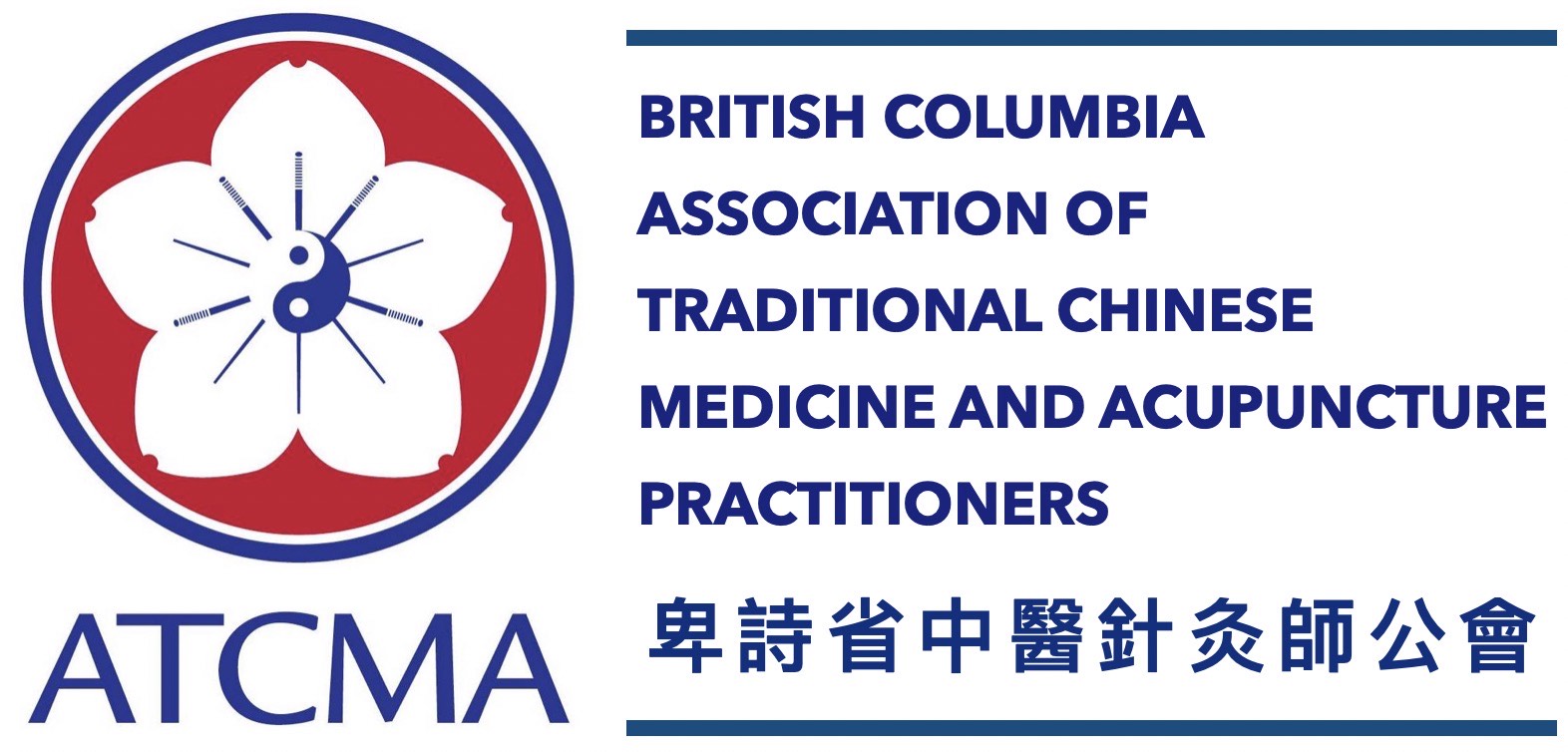Evidence for Acupuncture is Growing Exponentially
Research into acupuncture as a medical treatment has grown exponentially in the past 20 years, increasing at twice the rate of research into conventional biomedicine. Over this period, there have been over 13,000 studies conducted in 60 countries, including hundreds of meta-analyses summarizing the results of thousands of human and animal studies.1 A wide-variety of clinical areas have been studied, including pain, cancer, pregnancy, stroke, mood disorders, sleep disorders and inflammation, to name a few.
SUMMARIZING ACUPUNCTURE’S EVIDENCE
With nearly 1,000 systematic reviews of acupuncture, getting a sense of what the evidence shows can be a challenge. Fortunately, the entire literature base was summarized in 2010 by the Australian Department of Veteran Affairs. This review was updated in 2014 by the US Department of Veteran Affairs2 and then again in 2017 by John McDonald and Stephen Janz, the authors of the Acupuncture Evidence Project.3
“It is no longer possible to say that the effectiveness of acupuncture can be attributed to the placebo effect or that it is useful only for musculoskeletal pain.” Stephen Janz
The Acupuncture Evidence Project reviewed the effectiveness of acupuncture for 122 treatments over 14 clinical areas. They found some evidence of effect for 117 conditions. “Our study found evidence for the effectiveness of acupuncture for 117 conditions, with stronger evidence for acupuncture’s effectiveness for some conditions than others. Acupuncture is considered safe in the hands of a well-trained practitioner and has been found to be cost-effective for some conditions. The quality and quantity of research into acupuncture’s effectiveness is increasing.” Acupuncture Evidence Project, p55
MEDICAL GUIDELINE RECOMMENDATIONS FOR ACUPUNCTURE
While acupuncture enjoys high-level clinical evidence for dozens of conditions, translating trial research into official medical guidelines can take time. However, a recent review examined clinical guideline recommendations from around the world made by a variety of groups including government health institutions, national guidelines, and medical specialty groups. Over a 27 year period, they found 2189 positive recommendations for acupuncture for 204 health problems, mainly in guidelines published in North America, Europe and Australasia.4 These official recommendations indicate that acupuncture’s evidence is now acknowledged by medical experts and that acupuncture is no longer ‘alternative.’ Indeed, this new data illustrates that acupuncture is one of the most widely recommended treatments in modern medicine.



